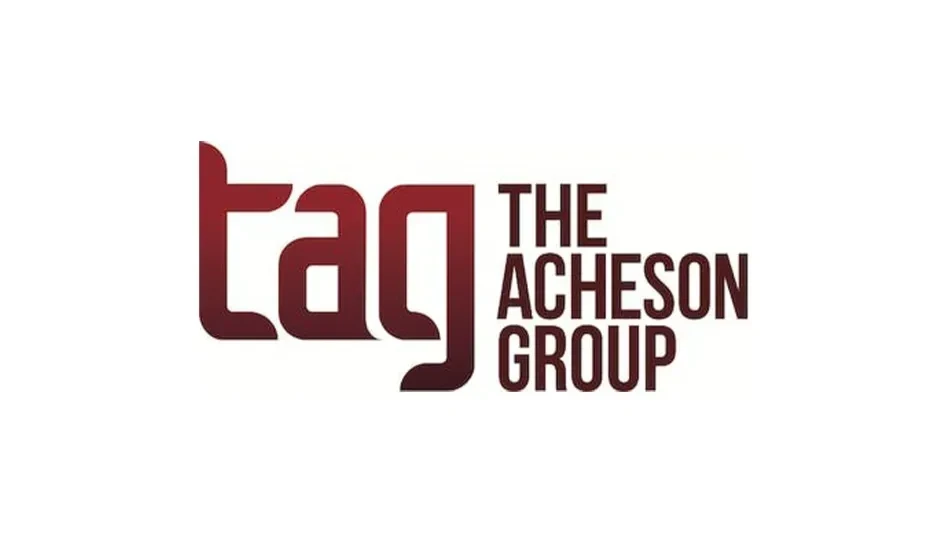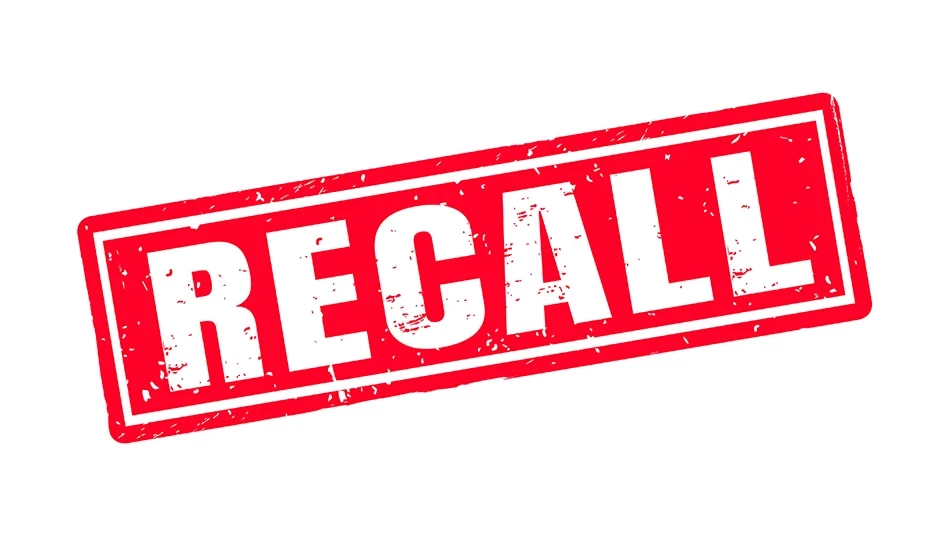 The Food Safety Modernization Act (FSMA) was signed into law on January 4, 2011. Between August 2015 and May 2016 several key sections of the law will be published in the Code of Federal Regulations. From that date on, most food firms will have 12 months to come into compliance with these new regulations, while small firms will have more time to implement the same regulations.
The Food Safety Modernization Act (FSMA) was signed into law on January 4, 2011. Between August 2015 and May 2016 several key sections of the law will be published in the Code of Federal Regulations. From that date on, most food firms will have 12 months to come into compliance with these new regulations, while small firms will have more time to implement the same regulations.
One of the regulations under FSMA, Section 301-Foreign Supplier Verification Program (FSVP), represents a dramatic change in the way food importers in the United States will continue to import foods from foreign suppliers. The rule will require food importers to establish, apply, and maintain an FSVP. This section of FSMA places the responsibility for safety of the food products squarely on the shoulders of the importers who are introducing food products into the U.S. Furthermore, they will be held accountable for any food safety issues related to the imported food products and their suppliers.
The basic reasons for such a far-reaching change include the increasing imports of food products from foreign countries, limited official capacity to inspect foreign suppliers’ sites and imported food at ports of entry, complexity of the food supply chain and adulteration risks, and alarming cases of food adulteration in foreign countries supplying food products to U.S. markets.
Food importers will have to demonstrate that they are importing such products from approved foreign suppliers. In order to meet this requirement, importers will have to develop, apply, and maintain a risk assessment of the imported food product and foreign supplier, verification activities, investigations and corrective actions, periodic assessment of FSVP, importer identification, and recordkeeping for each imported product and foreign supplier.
Risk Assessment
Except for a limited number of exceptions and modifications (explained in the rule), before a food importer introduces food products subject to Section 301 of FSMA to the U.S., he will have to undertake a risk assessment of the food product, which consists of two parts.
First, the importer will have to carry out a Hazard Analysis and Risk-Based Preventive Controls (HARPC) assessment of each food product to be imported into the United States. Second, the importer will have to evaluate the current status of his foreign supplier in regards to food safety, including evaluating the effectiveness of foreign suppliers’ food safety procedures, processes and practices, compliance history with relevant FDA regulations (i.e., import alerts and warning letters), food safety performance history, and other factors related to food safety (i.e., storage and transportation).
The importer can choose to conduct the assessment itself, review the HARPC assessment undertaken by the supplier and current regulatory status, or have a third-party carry out the evaluation.
Verification Activities
Verification activities are intended to demonstrate that the FSVP is working as designed and its intended purpose is being achieved, namely that food products being imported into the U.S. are ultimately safe and that deviations and issues are addressed promptly and effectively.
 The HARPC assessment will determine whether significant hazards are associated with the imported product, who will control such hazards, and what the appropriate preventive controls will be. Depending on the nature of the product and the food supply chain structure, there are a few options for who will control the identified significant hazards:
The HARPC assessment will determine whether significant hazards are associated with the imported product, who will control such hazards, and what the appropriate preventive controls will be. Depending on the nature of the product and the food supply chain structure, there are a few options for who will control the identified significant hazards:
- Controlled by the local supplier of the foreign supplier or controlled by the foreign supplier. In these two cases the importer will have to determine which verification activities are appropriate to implement by either of these suppliers, as well as the frequency that these will be conducted, in order to assure proper control of identified significant hazards by either the foreign supplier or the local supplier.
- Controlled by the importer. In this case the importer will have to set up, maintain, and manage the appropriate preventive controls to ensure imported food product is safe before it is marketed and distributed in the U.S.
- Controlled by the client of the importer. In this case the importer will need to obtain an annual written statement from clients describing how they have implemented and managed the appropriate preventive controls.
The appropriate verification activities and their implementation frequency must align with the risk and the preventive controls being used. If the hazard is controlled by the foreign supplier or his local supplier, the most likely verification activities will be a combination of
- On-site inspection/audits;
- Review of foreign suppliers’ relevant food safety records;
- Sampling and testing of product; and
- Review of the foreign supplier’s compliance history.
The potential combination of these verification activities and their frequency will depend on the level of risk associated with the product and the foreign supplier. For example, for a high-risk food an annual on-site audit, lot certification, and periodic product sampling and testing may be required, while a non-high risk product may be controlled with less frequent applications of these verification activities.
Corrective Actions
The importer also will be responsible for addressing and resolving any complaints received as they relate to adequacy of FSVP. If the importer becomes aware that the imported food is adulterated or misbranded in regards to allergens, the failure will have to be addressed and disposition of the product documented. The importer will also be responsible for verifying effectiveness of corrective actions undertaken by the foreign supplier. The importer will also be responsible to ensure that the foreign supplier effectively addresses FDA inspection findings.
Periodic Assessment
The importer will have to assess the effectiveness of its FSVP every three years, or when new information about potential risks associated with the food or foreign supplier of the food becomes known.
The effectiveness review, or revalidation of the FSVP, includes the written program, the verification activities and their results, the effectiveness of corrective actions, and the compliance history of the foreign supplier, as well as that of the importer.
Importer Identification
 The importer will have to obtain a DUNS number, which must be provided electronically for each line entry when filing entry with customs. This will allow the FDA to triangulate the foreign supplier, the product being presented for import, and the importer in the United States.
The importer will have to obtain a DUNS number, which must be provided electronically for each line entry when filing entry with customs. This will allow the FDA to triangulate the foreign supplier, the product being presented for import, and the importer in the United States.
Recordkeeping
The importer will have to maintain the written FSVP and records of verification and corrective action activities in English. Records will carry the signature of the importer and the date such record was created or obtained. The records must be maintained for at least two years after the records were created or obtained. Finally, the written FSVP and corresponding records must be available to FDA upon request for review and consultation.
The final FSVP rule is scheduled to be published on October 31, 2015, and importers will have 12 months to develop and implement such programs. Some 300,000 foreign suppliers and tens of thousands of importers in the U.S. will be affected.
While 12 months seems like a long time, procrastination will only lead to non-compliance when the effective date rolls around, and the refusal of admission of presented food products for import into the United States if an importer has not developed and implemented his FSVP. The sooner food importers and their foreign suppliers become familiar with Section 301 of FSMA, the more likely they are to succeed in developing and implementing an effective FSVP in a timely fashion.
Latest from Quality Assurance & Food Safety
- Jim Jones Resigns from FDA, Citing ‘Indiscriminate’ Layoffs
- Raw Pet Food Identified as Source of Bird Flu Infection to House Cats
- USDA Terminates Contracts, Rescinds DEI Programs
- Brooke Rollins Sworn in as U.S. Secretary of Agriculture
- bioMérieux Launches Diagnostic Solution for Food Industries to Analyze Root Cause of Listeria Contamination
- WHO Appoints Director of Department of Nutrition and Food Safety
- WHO, Nanyang Technological University Singapore to Host Food Safety Risk Assessment Workshop
- New CDC Report Says Bird Flu Spread Undetected in Veterinarians





